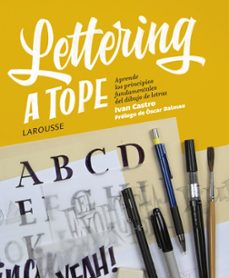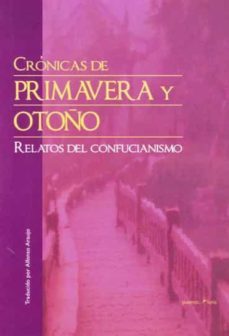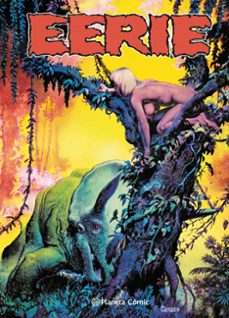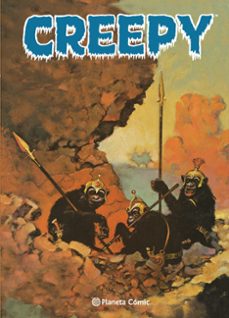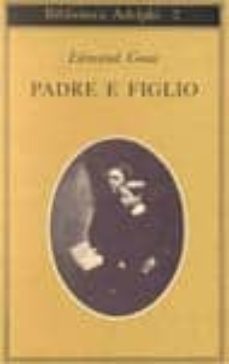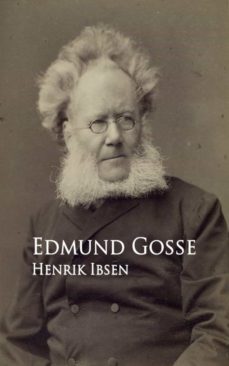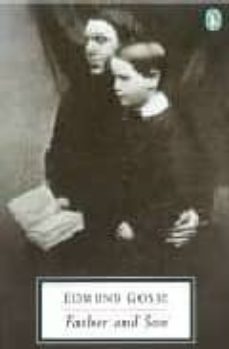Imprescindibles
Ficción
No Ficción
Ciencias y tecnología Biología Ciencias Ciencias naturales Divulgación científica Informática Ingeniería Matemáticas Medicina Salud y dietas Filología Biblioteconomía Estudios filológicos Estudios lingüísticos Estudios literarios Historia y crítica de la Literatura
Humanidades Autoayuda y espiritualidad Ciencias humanas Derecho Economía y Empresa Psicología y Pedagogía Filosofía Sociología Historia Arqueología Biografías Historia de España Historia Universal Historia por países
Infantil
Juvenil
#Jóvenes lectores Narrativa juvenil Clásicos adaptados Libros Wattpad Libros Booktok Libros de influencers Libros de Youtubers Libros Spicy Juveniles Libros LGTBIQ+ Temas sociales Libros ciencia ficción Libros de acción y aventura Cómic y manga juvenil Cómic juvenil Manga Shonen Manga Shojo Autores destacados Jennifer L. Armentrout Eloy Moreno Nerea Llanes Hannah Nicole Maehrer
Libros de fantasía Cozy Fantasy Dark academia Hadas y Fae Romantasy Royal Fantasy Urban Fantasy Vampiros y hombres lobo Otros Misterio y terror Cozy mistery Policiaca Spooky Terror Thriller y suspense Otros
Libros románticos y de amor Dark Romance Clean Romance Cowboy Romance Mafia y amor Romance dramatico Romcom libros Sport Romance Otros Clichés Enemies to Lovers Friends to Lovers Hermanastros Slow Burn Fake Dating Triángulo amoroso
Cómic y manga
Novela gráfica Novela gráfica americana Novela gráfica europea Novela gráfica de otros países Personajes, series y sagas Series y sagas Star Wars Superhéroes Cómics DC Cómics Marvel Cómics otros superhéroes Cómics Valiant
eBooks
Literatura Contemporánea Narrativa fantástica Novela de ciencia ficción Novela de terror Novela histórica Novela negra Novela romántica y erótica Juvenil Más de 13 años Más de 15 años Infantil eBooks infantiles
Humanidades Autoayuda y espiritualidad Ciencias humanas Economía y Empresa Psicología y Pedagogía Filosofía Historia Historia de España Historia Universal Arte Cine Música Historia del arte
Ciencia y tecnología Ciencias naturales Divulgación científica Medicina Salud y dietas Filología Estudios lingüísticos Estudios literarios Historia y crítica de la Literatura Estilo de vida Cocina Guías de viaje Ocio y deportes
EDMUND GOSSE
Recibe novedades de EDMUND GOSSE directamente en tu email
Filtros
Del 1 al 5 de 5
ANBOCO 9783736411623
Numerous and varied as have been the analyses of Ibsens works published, in all languages, since the completion of his writings, there exists no biographical study which brings together, on a general plan, what has been recorded of his adventures as an author. Hitherto the only accepted Life of Ibsen has been Et literaert Livsbillede, published in 1888 by Henrik Jaeger; of this an English translation was issued in 1890. Henrik Jaeger (who must not be confounded with the novelist, Hans Henrik Jaeger) was a lecturer and dramatic critic, residing near Bergen, whose book would possess little value had he not succeeded in persuading Ibsen to give him a good deal of valuable information respecting his early life in that city. In its own day, principally on this account, Jaegers volume was useful, supplying a large number of facts which were new to the public. But the advance of Ibsens activity, and the increase of knowledge since his death, have so much extended and modified the poets history that Et literaert Livsbillede has become obsolete.The principal authorities of which I have made use in the following pages are the minute bibliographical Oplysninger of J. B. Halvorsen, marvels of ingenious labor, continued after Halvorsens death by Sten Konow (1901); the Letters of Henrik Ibsen, published in two volumes, by H. Koht and J. Elias, in 1904, and now issued in an English translation (Hodder & Stoughton); the recollections and notes of various friends, published in the periodicals of Scandinavia and Germany after his death; T. Blancs Et Bidrag til den Ibsenskte Digtnings Scenehistorie (1906); and, most of all, the invaluable Samliv med Ibsen (1906) of Johan Paulsen. This last-mentioned writer aspires, in measure, to be Ibsens Boswell, and his book is a series of chapters reminiscent of the dramatists talk and manners, chiefly during those central years of his life which he spent in Germany.
Ver más
eBook
PENGUIN 9780140182767
At birth Edmund Gosse was dedicated to 'the Service of the Lord'. His parents were Plymouth Brethren. After his mother's death Gosse was brought up in stifling isolation by his father, a marine biologist whose faith overcame his reason when confronted by Darwin's theory of evolution. Father and Son is also the record of Gosse's struggle to 'fashion his inner life for himself' - a record of whose full and subversive implications the author was unaware, as Peter Abbs notes in his Introduction. First published anonymously in 1907, Father and Son was immediately acclaimed for its courage in flouting the conventions of Victorian autobiography and is still a moving account of self-discovery.
Ver más
Tapa blanda
Del 1 al 5 de 5


